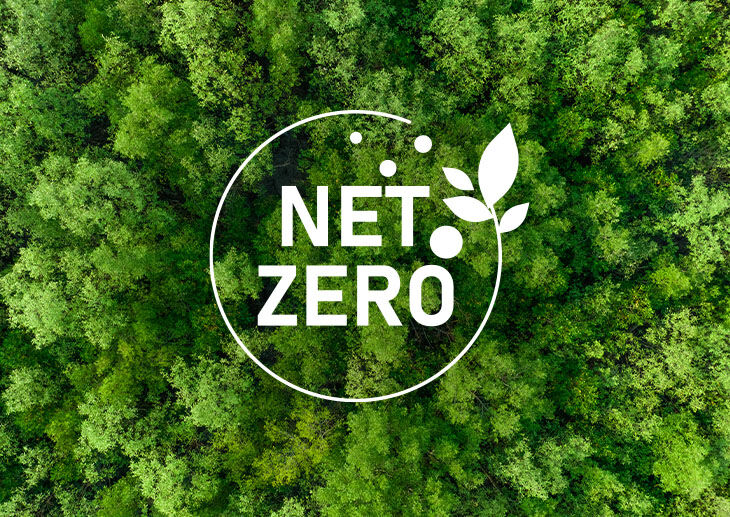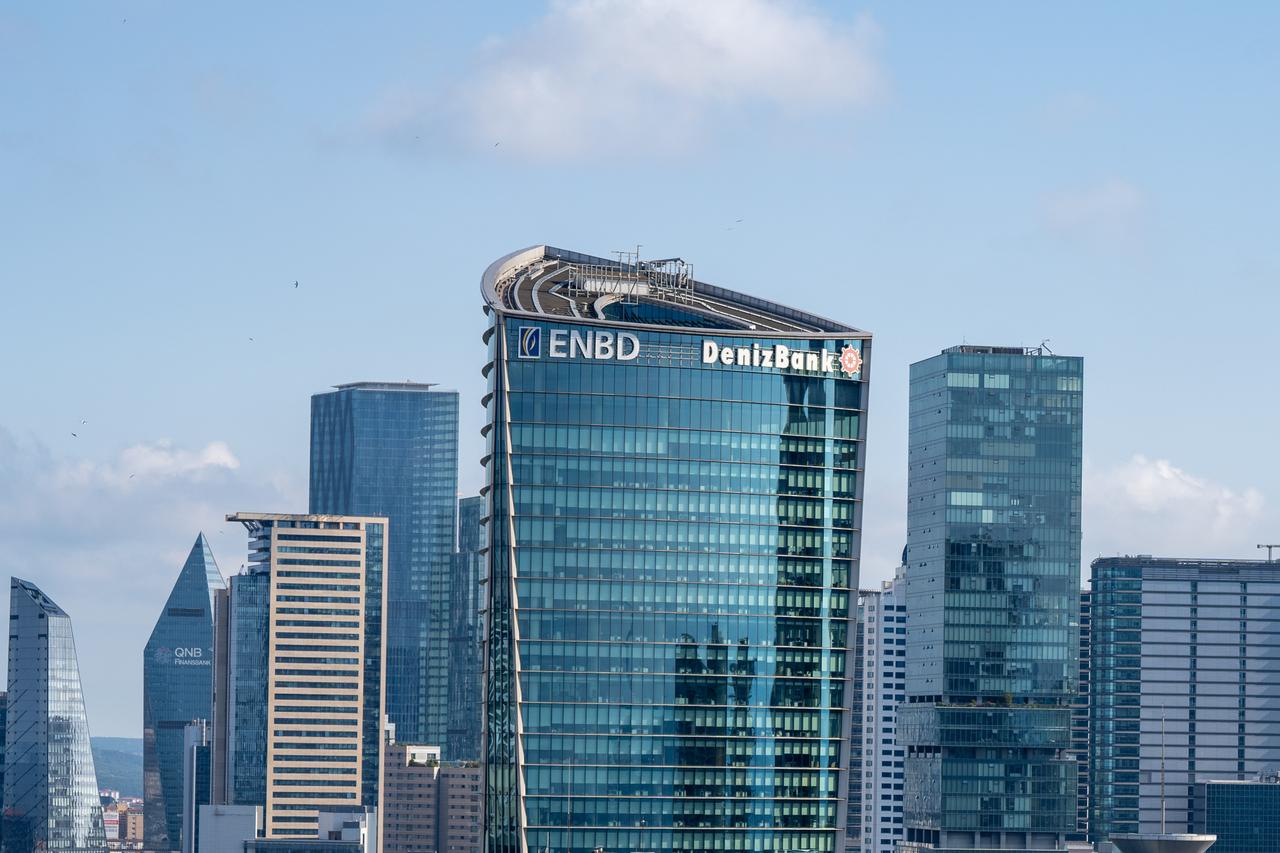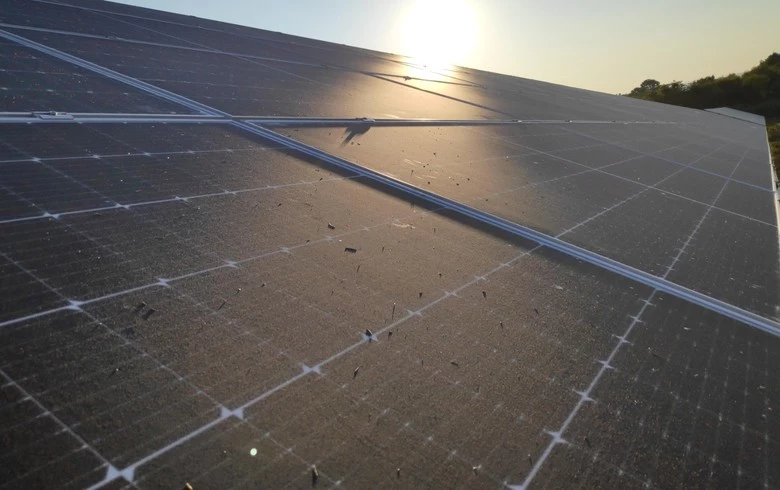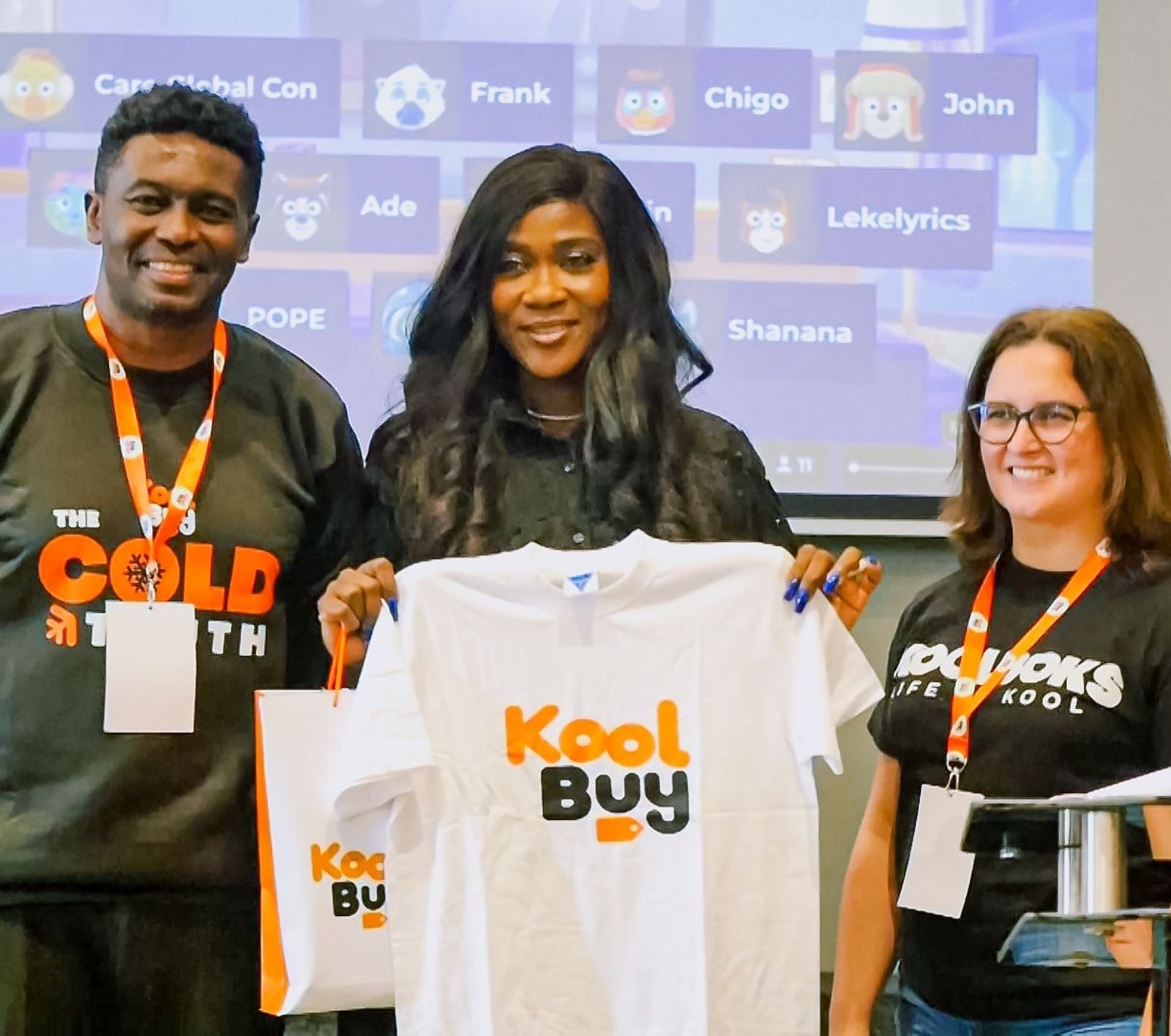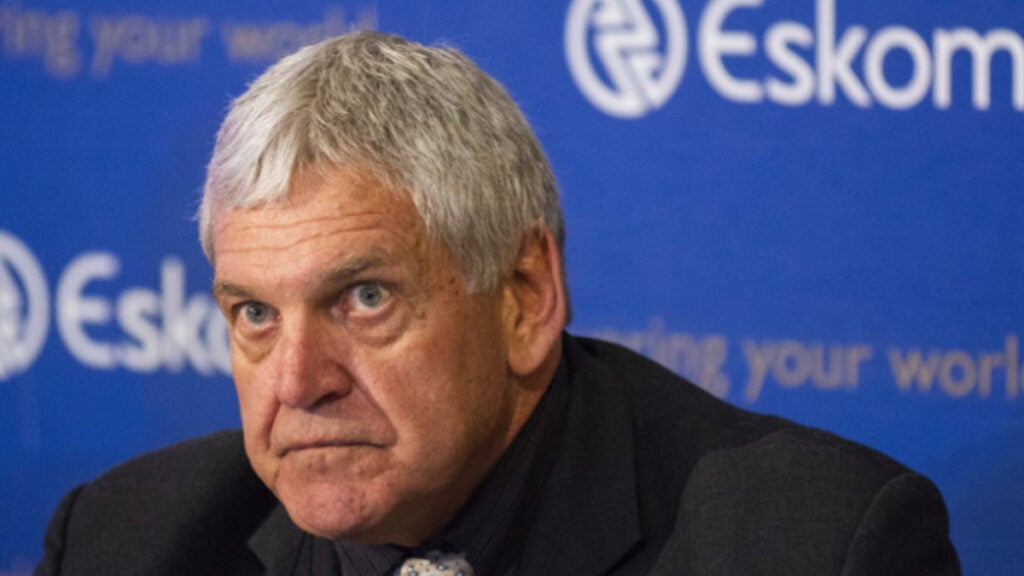Africa’s agricultural sector is at a turning point, and the Social Enterprise Fund for Agriculture in Africa (SEFAA) is leading the charge.
Managed by Sahel Capital, SEFAA has secured a $10 million investment from the Mastercard Foundation Africa Growth Fund, administered by Mennonite Economic Development Associates (MEDA) in Mauritius.
This capital injection is set to empower small and medium-sized enterprises (agri-SMEs) across sub-Saharan Africa, driving inclusive growth, job creation, and food security.
What is SEFAA, and Why Does It Matter?
Launched in 2021 with an initial fund size of $24–26 million and anchored by KfW Development Bank, SEFAA is an impact-first fund focused on enhancing the business ecosystem for smallholder farmers (SHFs) and rural micro, small, and medium enterprises (MSMEs).
Operating across 13 African countries, including Nigeria, Ghana, Kenya, Uganda, and Côte d’Ivoire, SEFAA provides flexible financing, primarily debt, with options for equity and quasi-equity ranging from $300,000 to $2.4 million per investment.
Quasi-equity is a hybrid form of financing that blends characteristics of both debt and equity, acting as a middle ground between traditional loans and pure equity investment.
Its mission? To boost agricultural productivity, improve market access, and alleviate poverty by supporting financially viable agri-SMEs often overlooked by traditional lenders.
Since its inception, SEFAA has made significant strides:
- Processed 33 financing facilities for 18 companies across 7 countries.
- Supported enterprises like Sukuma Commodities in Uganda ($1M loan for coffee exports) and Oyster Agribusiness in Ghana ($610,000 loan for climate-smart agriculture).
- Generated approximately 7,000 jobs, with 41% benefiting women-led businesses.
- Enabled processing and sale of over 340,000 tonnes of food, bolstering local and regional food security
READ ALSO:
CrossBoundary Energy Lights Up Africa With $40M Boost
This $10 million boost from the Mastercard Foundation will amplify SEFAA’s reach, targeting over 10,000 new jobs for women and youth and transforming agricultural value chains across the continent.
The Power of the $10M Investment
The Mastercard Foundation Africa Growth Fund, a $200 million fund-of-funds, focuses on unlocking capital for African SMEs to drive inclusive economic growth.
Administered by MEDA Mauritius, this investment into SEFAA is a strategic move to address the $100 billion financing gap faced by agri-SMEs, which are critical to Africa’s economy yet often excluded from traditional banking.
According to Mezuo Nwuneli, Managing Partner at Sahel Capital:
“This $10 million commitment from the Mastercard Foundation Africa Growth Fund, through MEDA Mauritius, is a testament to our team’s hard work and the impactful work we are doing.”
The funds will enable SEFAA to:
- Scale Financing: Support more agri-SMEs with revenues between $1 million and $20 billion, prioritising those with robust supply chains linked to smallholder farmers.
- Provide Technical Assistance: Offer managerial training and operational support to ensure long-term sustainability.
- Drive Job Creation: Focus on women and youth, fostering economic resilience in rural economies.
- Strengthen Food Systems: Enhance agricultural productivity to meet the needs of Africa’s growing population, projected to reach 2.5 billion by 2050.
Why Agri-SMEs Are Africa’s Economic Backbone
Agri-SMEs are the lifeblood of Africa’s economy, accounting for a significant portion of the continent’s GDP and employing millions.
Yet, three out of four agri-SMEs struggle to access bank loans, and they’re often too large for microfinance, creating a critical funding gap.
SEFAA bridges this divide by targeting Social Agricultural Enterprises (SAEs) that:
- Increase productivity for smallholder farmers.
- Address market access limitations and information asymmetries.
- Offer tailored agricultural finance aligned with production cycles.
For example, SEFAA’s $1 million loan to Sukuma Commodities in Uganda supports 2,300 smallholder coffee farmers, providing input financing and training to improve production quality.
Similarly, a $2.4 million loan to KKL in Ghana empowers a cooperative of 100,000 certified cocoa farmers, ensuring premium pricing and market access. These investments create ripple effects, from job creation to enhanced food security. READ ALSO:
Smallholder Farming Gets a Boost as One Acre Ventures Invests in Enimiro Uganda
The Bigger Picture
By 2035, SEFAA aims to reshape Africa’s agricultural landscape, supporting enterprises that process and distribute food, create jobs, and empower women and youth.
The fund’s focus on gender inclusion (41% of jobs benefit women-led businesses) and sustainability aligns with the Mastercard Foundation’s Young Africa Works strategy, targeting seven priority countries: Ethiopia, Ghana, Kenya, Nigeria, Rwanda, Senegal, and Uganda.
The Road Ahead
SEFAA’s $10 million infusion is a bold step toward unlocking Africa’s agricultural potential. By empowering agri-SMEs, promoting job creation, and strengthening food systems, SEFAA is paving the way for a sustainable, self-sufficient future.
With partnerships like MEDA and the Mastercard Foundation, the fund is set to redefine Africa’s economic landscape. Is this the spark that will ignite a new era of agricultural innovation? Share your thoughts below!
Ronnie Paul is a seasoned writer and analyst with a prolific portfolio of over 1,000 published articles, specialising in fintech, cryptocurrency, and digital finance at Africa Digest News.

